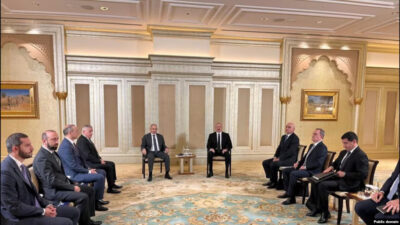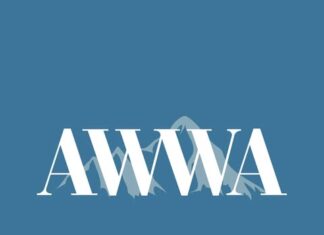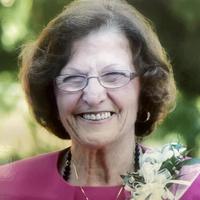LOS ANGELES — The National Association for Armenian Studies and Research (NAASR) launched a campaign for its Leadership Circle of membership in the Southern California Armenian community on April 13, at the Pasadena home of David and Margaret Mgrublian.
The evening was organized by NAASR’s Southern California Board members Bruce Roat and Dr. Gregory Ketabgian, working closely with a dedicated committee.
Following a buffet dinner, the nearly 100 individuals present gathered to listen to remarks by Master of Ceremonies Paul Ignatius, a dialogue between Dr. Carla Garapedian and Prof. Peter Balakian, and comments by members of the NAASR leadership.
“Fifty-five years ago my father got the bug for NAASR to help them set up endowed chairs at Harvard and UCLA in Armenian studies,” said MC Paul Ignatius. Ignatius served as Assistant Secretary of Defense and Secretary of the Navy during the Kennedy and Johnson presidential administrations. His father, Hovsep, an immigrant from Kharpert, was involved in many Armenian causes including efforts at the inception of NAASR to keep Armenian history alive for future generations. Ignatius, in his concise and witty opening remarks, emphasized that NAASR continues to be a uniquely important organization that needs to be supported by all who value scholarship and increased knowledge about Armenian subjects.
Ignatius introduced acclaimed documentary filmmaker Garapedian and writer and scholar Balakian, who engaged in a half-hour-long discussion on the topic of “Scholarship and the Pursuit of Justice.”
Garapedian and Balakian discussed the fraudulent academic apparatus supported by the Turkish government to further their project of denial of the Armenian Genocide. Balakian spoke of the need to counter this campaign both through scholarship and through the kind of informed activism that scholarship makes possible. He pointed to the example of the exposure and shaming of Princeton’s Heath Lowry by Robert Jay Lifton in the 1990s, when it was found that Lowry was working closely with the Turkish Embassy in Washington, DC, as a key moment in demonstrating the relationship between academia and the Turkish state. The publicity surrounding this affair had brought the denial issue out in the open in the mid-1990s.







